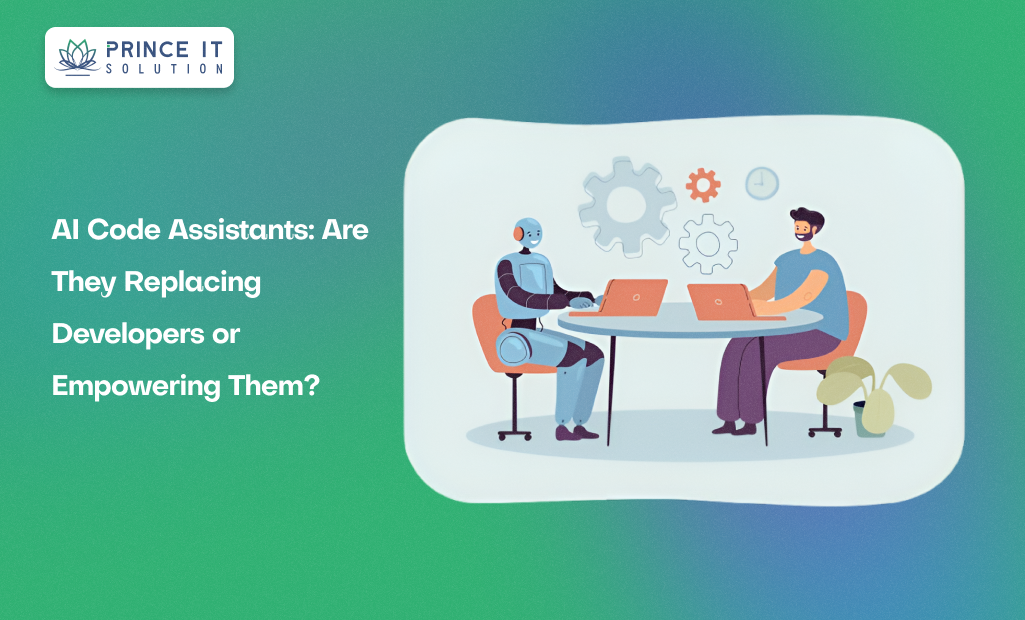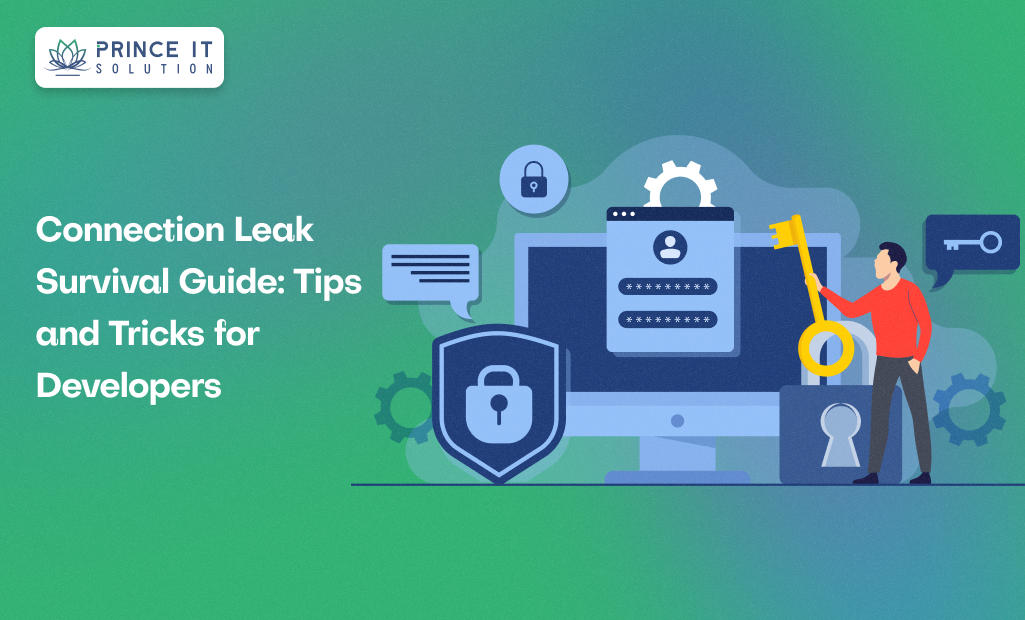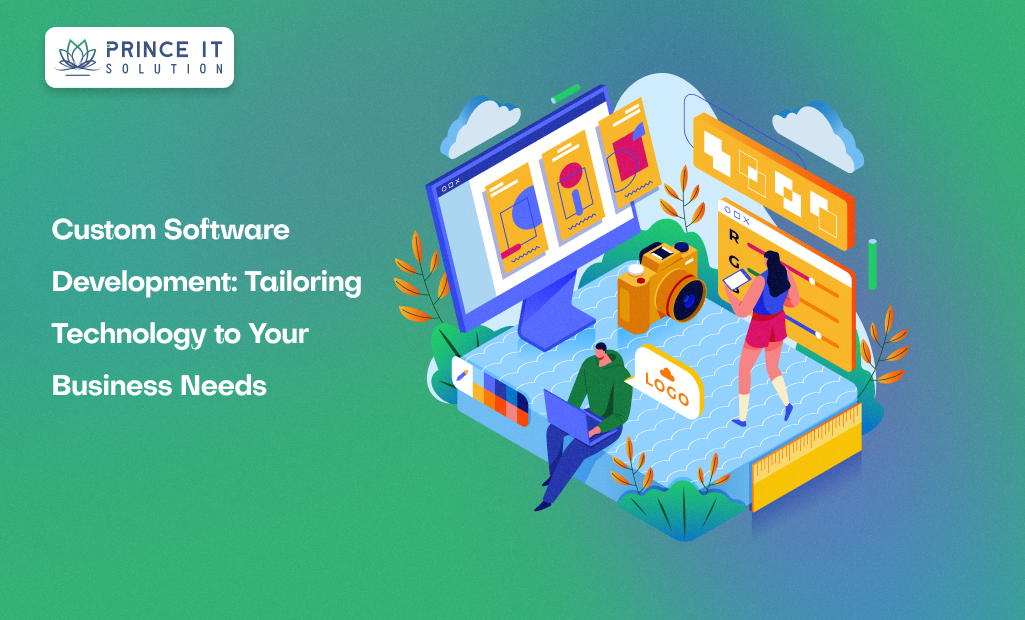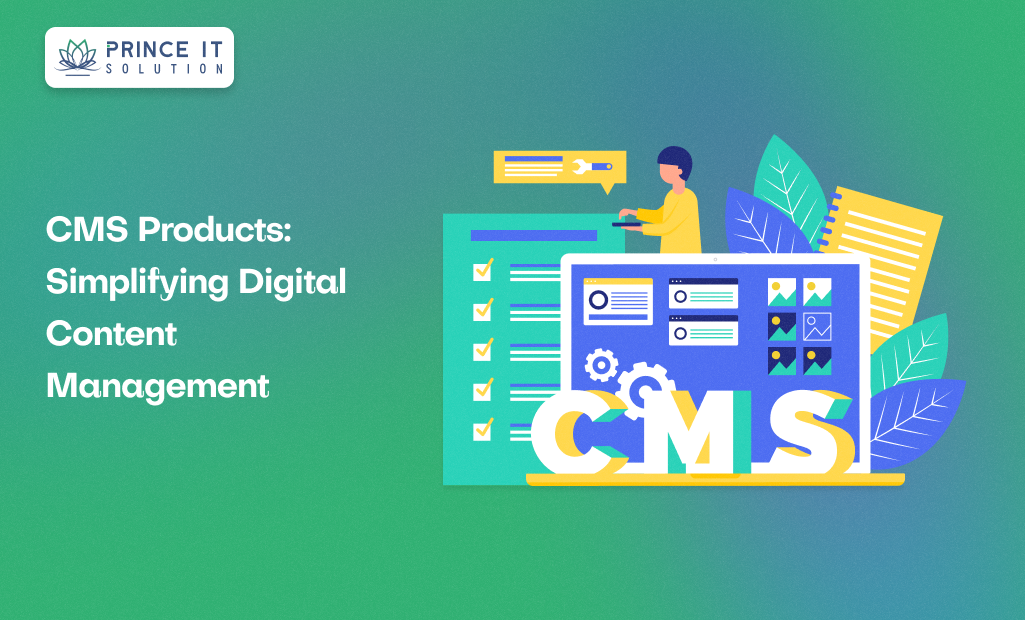Introduction: The Rise of AI in Software Development
Artificial Intelligence (AI) is transforming industries, and software development is no exception. Over the last few years, AI code assistants like GitHub Copilot, ChatGPT, Tabnine, and Amazon CodeWhisperer have become popular tools among developers. These intelligent systems can write, review, and even debug code with remarkable accuracy.
The growing presence of AI in programming has led to one major question: Are these tools empowering developers, or are they silently preparing to replace them?
To answer that, we need to look at what AI code assistants can do, where they fall short, and how human creativity still plays a vital role in building great software.
1. Understanding AI Code Assistants
AI code assistants are intelligent tools designed to help developers write, optimize, and debug code more efficiently. They are powered by machine learning models trained on massive amounts of code data from open-source repositories and documentation.
Some of the most well-known examples include:
GitHub Copilot: Developed by GitHub and OpenAI, this tool predicts and auto-completes code snippets based on context.
Tabnine: Uses machine learning to suggest code completions that match your coding style.
Amazon CodeWhisperer: Focuses on generating accurate code recommendations tailored for AWS environments.
ChatGPT and GPT-based APIs: Help developers with debugging, refactoring, and even generating full functions or scripts.
These tools don’t “think” like humans, but they are exceptional at recognizing patterns and predicting the next logical piece of code, much like how predictive text works for writing, but far more complex.
2. What Can AI Code Assistants Really Do?
AI code assistants are not just fancy autocomplete tools. Their abilities have expanded to several key areas of software development:
a. Code Generation
AI can generate snippets, functions, or even full modules by interpreting comments or prompts. Developers can write a line like “Create a function to calculate the Fibonacci sequence,” and the AI instantly produces a working solution.
b. Code Completion
As you type, AI suggests relevant completions in real-time, saving time on repetitive tasks and boilerplate code.
c. Debugging Assistance
AI tools can identify potential errors or suggest corrections. For instance, if a loop may cause an infinite run or a variable is undefined, AI can flag it before execution.
d. Code Review and Optimization
Some AI systems can analyze your code’s logic and performance, suggesting ways to improve speed or maintainability.
e. Documentation and Commenting
AI can automatically generate docstrings, comments, and even README documentation, helping teams maintain clarity across large projects.
f. Learning and Knowledge Support
Developers can use AI as an on-demand mentor, asking for explanations of complex algorithms, syntax, or best practices.
3. The Empowerment Perspective
Let’s start with the positive: AI code assistants are powerful productivity boosters.
a. Increased Efficiency
Developers save hours by letting AI handle repetitive, low-value tasks. For example, writing boilerplate code, initializing files, or generating test cases can be automated. This lets engineers focus on logic, architecture, and creativity.
b. Reduced Cognitive Load
Programming involves managing multiple layers of complexity. AI tools reduce mental strain by suggesting solutions, reducing context-switching, and providing instant insights.
c. Democratizing Development
AI code assistants make coding more accessible for beginners. Someone new to programming can use AI suggestions to learn faster and write functional code early on.
d. Enhanced Collaboration
In teams, AI can act as a universal reference. It ensures consistent formatting, structure, and logic, which helps maintain cleaner, more uniform codebases.
e. Bridging Skill Gaps
Not every developer is an expert in every programming language or library. AI can fill those knowledge gaps by suggesting relevant syntax or logic, helping developers adapt quickly to unfamiliar stacks.
f. Faster Prototyping
Startups and enterprises alike benefit from AI’s speed in generating prototype code. Instead of spending days building the first version of a feature, AI can create a draft in minutes, which the team can then refine.
4. The Replacement Fear
Despite these benefits, the rise of AI code assistants has caused concern among developers. The fear of “AI replacing programmers” stems from the rapid advancement of automation and the perception that machines are learning to code like humans.
Let’s break down this fear into realistic aspects.
a. Automation Anxiety
Just like AI replaced certain tasks in manufacturing or customer support, some worry the same might happen in tech. If AI can generate working code, what’s left for developers to do?
However, writing code is just one part of the development process. Software creation involves architecture design, problem-solving, user research, testing, deployment, and maintenance, areas where human understanding and reasoning are still crucial.
b. Quality Concerns
AI-generated code might work, but it’s not always optimal. It can contain logical flaws, inefficiencies, or security vulnerabilities. Without human review, these issues can lead to major technical debt or vulnerabilities.
c. Ethical and Legal Issues
Many AI models are trained on open-source data, raising questions about intellectual property. If AI generates code derived from copyrighted sources, who owns the output?
d. Over-Reliance Risk
Developers who depend too heavily on AI might lose problem-solving skills over time. Coding is not just about syntax—it’s about logic, structure, and creativity. Overreliance can lead to shallow understanding.
5. Why Developers Are Still Irreplaceable
While AI can write code, it doesn’t understand why the code exists or what purpose it serves. That’s where human intelligence remains irreplaceable.
a. Contextual Understanding
Developers grasp the business logic, user needs, and broader project goals. AI can’t understand the “why” behind requirements; it just reacts to input.
b. Creative Problem Solving
Complex software solutions often require creative thinking, something AI can’t replicate. Humans can brainstorm, adapt, and innovate in ways machines can’t predict.
c. Interpersonal Collaboration
Development isn’t an isolated task. It involves communication with stakeholders, designers, and project managers. AI cannot handle interpersonal collaboration or negotiation.
d. Ethical and Security Decision-Making
Developers must consider ethics, privacy, and compliance. AI lacks moral judgment; it can only follow instructions.
e. Continuous Learning
Humans can adapt to new frameworks, tools, and unexpected challenges. AI systems, on the other hand, rely on retraining and data updates to evolve.
6. Real-World Impact: Developers + AI Working Together
In practice, AI code assistants are already part of many development workflows, and they’re showing that humans and AI complement each other well.
Case Example 1: GitHub Copilot Adoption
GitHub reported that developers using Copilot complete tasks up to 55% faster. More importantly, they reported higher satisfaction and reduced frustration during repetitive tasks.
Case Example 2: Bug Detection
AI-powered testing tools have significantly reduced debugging time. However, human QA engineers still handle critical thinking around user scenarios and usability.
Case Example 3: Learning Acceleration
Junior developers can onboard faster by using AI tools as tutors. For example, when encountering an unfamiliar framework, they can ask AI for instant examples and explanations.
Case Example 4: Enterprise Use
Large companies integrate AI into CI/CD pipelines for automated code reviews. Still, final approvals and architectural decisions remain human-driven.
7. Challenges and Limitations of AI Code Assistants
Despite the hype, these tools have several limitations that keep developers at the center.
a. Accuracy and Reliability
AI suggestions are probabilistic, not always correct. They can produce errors that look logical but fail under certain conditions.
b. Security Risks
AI-generated code might inadvertently include insecure practices. Developers must review code for vulnerabilities such as injection flaws or poor encryption.
c. Data Privacy
AI models sometimes process sensitive code or business logic, raising privacy concerns for enterprises.
d. Lack of Domain Knowledge
AI may struggle with specialized projects (for example, healthcare or fintech) where domain-specific knowledge is required.
e. Limited Understanding of Requirements
AI can’t interpret vague requirements or conflicting business needs. It needs clear, detailed prompts.
8. The Evolving Role of Developers
Instead of replacing developers, AI is transforming what it means to be one.
a. From Coders to Problem Solvers
Developers are moving from writing lines of code to designing intelligent systems. The focus is shifting toward architecture, logic, and creativity rather than manual coding.
b. New Skill Requirements
Future developers will need hybrid skills, understanding both programming and how to leverage AI tools effectively.
c. AI as a Team Member
Think of AI as a “junior developer” in your team, fast, eager, but needing supervision. Developers will manage and guide AI, not compete against it.
d. Ethical Coding
Developers will play a critical role in ensuring AI-generated code is fair, secure, and aligned with human values.
9. Preparing for the Future of AI-Assisted Development
To thrive in this new era, developers and companies should focus on adapting.
a. Learn How to Use AI Tools
Understanding how to craft precise prompts and interpret AI outputs will become a core skill for modern developers.
b. Strengthen Problem-Solving Skills
AI can assist, but humans still define the logic. Strengthening analytical thinking will keep developers relevant.
c. Maintain Code Literacy
Even with AI help, knowing how code works under the hood is vital for debugging, optimizing, and ensuring security.
d. Focus on Collaboration
Developers should learn how to integrate AI workflows into team-based development, ensuring transparency and accountability.
e. Stay Updated
AI evolves rapidly. Regularly experimenting with new tools and models helps developers stay ahead.
10. The Future Outlook: Collaboration Over Competition
The most likely future is not one where AI replaces developers, but one where AI enhances them.
Just as calculators didn’t replace mathematicians and Photoshop didn’t replace designers, AI will not replace developers; it will redefine their capabilities.
In the next decade, coding will become more about creative problem-solving and less about syntax memorization. Developers who adapt and learn to collaborate with AI will lead the next generation of software innovation.
Conclusion: Empowerment Wins
AI code assistants represent one of the most exciting advancements in the software industry. They empower developers by removing repetitive barriers and accelerating innovation.
But AI lacks context, creativity, and emotional intelligence, qualities that define human developers. The best results will come from collaboration, where AI handles the mechanical tasks, and humans focus on the creative and strategic layers of development.
So, to answer the question, AI code assistants aren’t replacing developers; they’re empowering them to build the future faster, smarter, and better.



